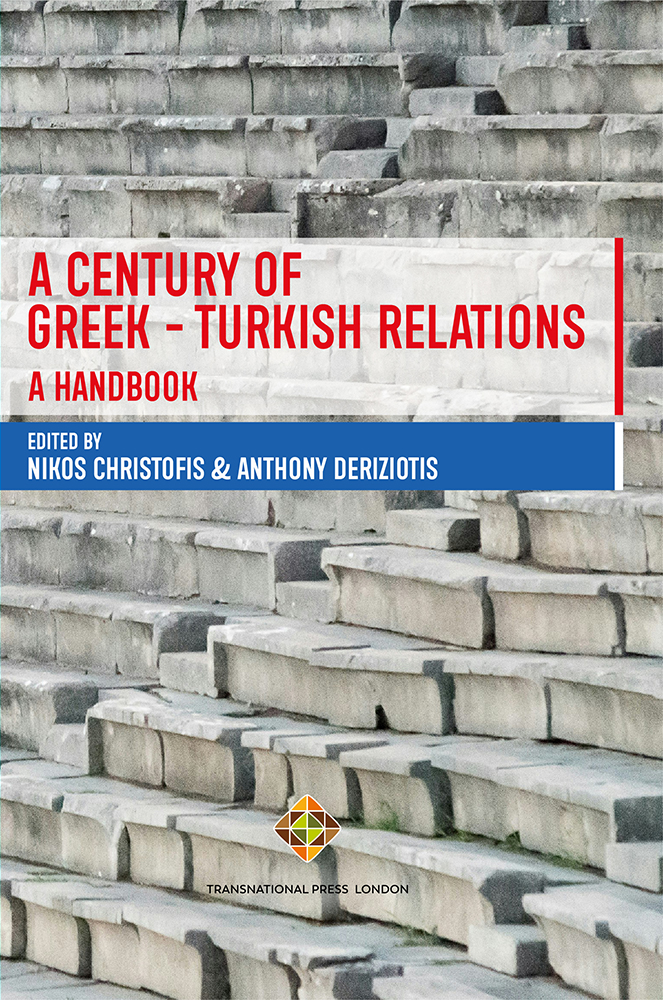“With or Without You”: Turkish-Greek Relations from the Perspective of Securitisation Theory
“With or Without You”: Turkish-Greek Relations from the Perspective of Securitisation Theory
Author(s): Başak Alpan
Subject(s): International relations/trade
Published by: Transnational Press London
Keywords: Turkish-Greek; Relations; Perspective; Securitisation; Theory;
Summary/Abstract: Besides other never-ending protracted conflicts in the world, such as the Israeli-Palestine conflict or the Northern Ireland case, if there is one set of bilateral relations in this part of the world that is quite prone to securitisation by the political elite of both parties involved, it is the Turkish-Greek relations. Indeed, the bilateral relations have often been tense, full of ebbs and flows, bringing into equation various elements such as a shared history, geographical proximity, a common cultural identity as well as historical traumas, displacement of populations and even disagreements over most basic concepts. To say the least, in this very complicated relationship, one side’s independence and self-fulfilment mainly owed to the other’s defeat and despair. As well known, Greece’s very existence as an independent state arose out of a war of national liberation against the Ottoman Empire in the 19th century, while the Turkish Republic mainly owed its establishment to the victory won in the Greek-Turkish War of 1919-1922. Just as the Greeks celebrate their partial liberation against the Ottoman Empire on 25 March, the day that is held to mark the Greek War of Independence, so on 30 August each year the Turks celebrate Mustafa Kemal Atatürk’s victory over the Greeks in 1922 during Turkey’s war of Independence. Turkish Independence War, which is the most fundamental building stone of the Republic of Turkey and the national identity of Turks is the Greeks’ “Asia Minor Catastrophe”. One inevitable concept that would occasionally pop out in this long-lasting relationship would be “security”. The notion of securitisation, which basically denotes that tendency, where an issue becomes a security issue-not necessarily because there is a real existential threat but because it is presented as such by the political actors, would naturally be a good candidate for being a strategy frequently resorted by the Turkish and Greek political actors. Within this context, another widely used concept is desecuritisation, which happens when issues are shifted out of emergency mode and included within the daily flow of politics. In this aforementioned long-lasting relationship, where the parties share so many things that could easily be listed as a part of the daily flow of life (such as culture, cuisine, music, tourism etc.), it could also be argued that Turkish-Greek relations have also been the terrain of desecuritisation manoeuvres.
Book: A Century of Greek–Turkish Relations – A Handbook
- Page Range: 301-314
- Page Count: 14
- Publication Year: 2024
- Language: English
- Content File-PDF

